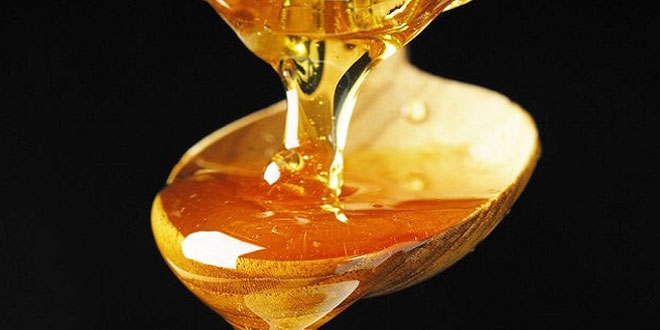
Maple syrup a potential hero in antibiotic resistance crisis
When it’s been concentrated, an extract of maple syrup weakens harmful bacteria, reducing their resistance to antibiotics, according to a new study at McGill University in Canada.
Making microbes more susceptible to being overcome by antibiotics could cut down on the amount that’s necessary to fight them, say the researchers.
Increasing antibiotic use is thought to be contributing to the burgeoning antibiotic resistance crisis, which has become a major public health concern on a global scale.
The key ingredient in the extract is phenol, an acid-rich compound that’s a common component of plants that protects them from pathogens, including insects.
Maple syrup is made from the sap of the North American maple tree, which makes it an excellent source of these natural pathogen-killing compounds.
The research team purchased the maple syrup samples they worked with at local shops in Montreal, and kept it frozen until the beginning of each experiment when they extracted the part that’s rich in phenols.
In the study, the extract was put to the test against notorious bacteria, including sometimes-deadly E. coli and Proteus mirabailis, which is a common culprit behind urinary tract infections.
The extract was mildly effective in combating the bacteria by itself, but when paired with antibiotics it was significantly effective, according to the study, which was published in the journal Applied and Environmental Microbiology.
It destroyed entire communities — called biofilms — which build in stubborn infections such as those that occur in the urinary tract for patients wearing a catheter.
“We would have to do in vivo tests, and eventually clinical trials, before we can say what the effect would be in humans,” says Professor Nathalie Tufenkji of McGill.
“But the findings suggest a potentially simple and effective approach for reducing antibiotic usage.”
The research team says the extract affects the bacteria’s gene expression, snuffing out those linked with resistance and virulence.
Professor Tufenkji’s previous research includes studying cranberry extracts that could potentially go up against bacteria.
At present, her team is working on how to use the extract to fight infection and disease.
“I could see maple syrup extract being incorporated eventually, for example, into the capsules of antibiotics.”
Source: AFP Relaxnews

